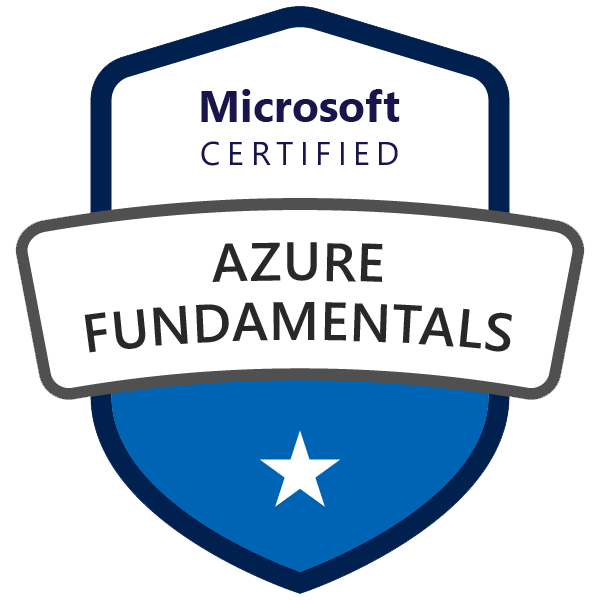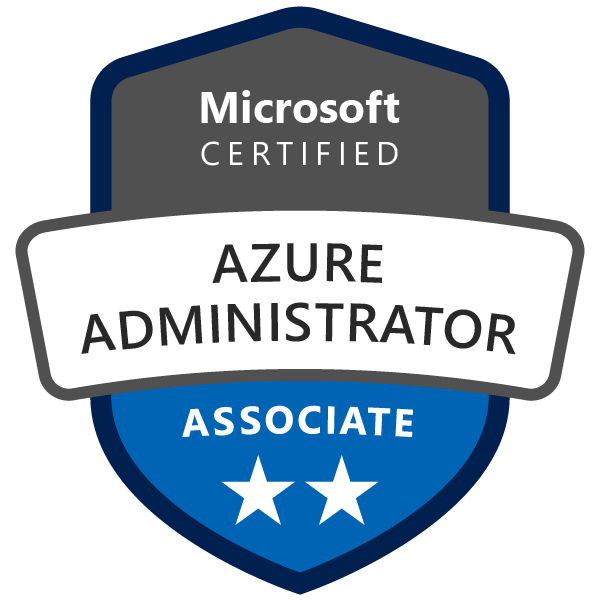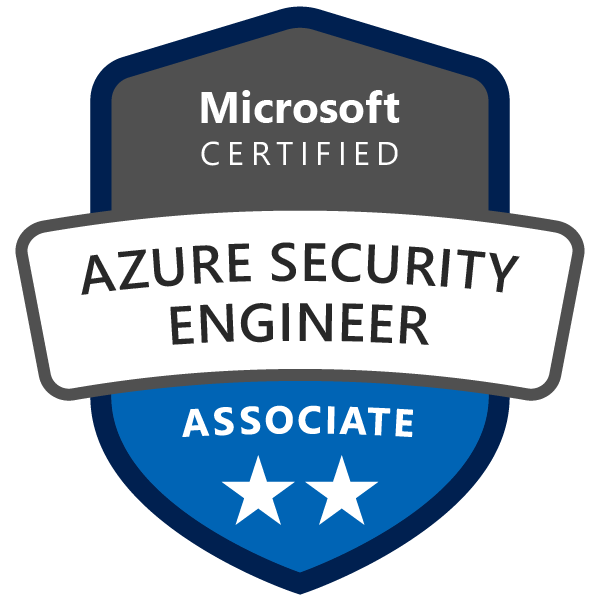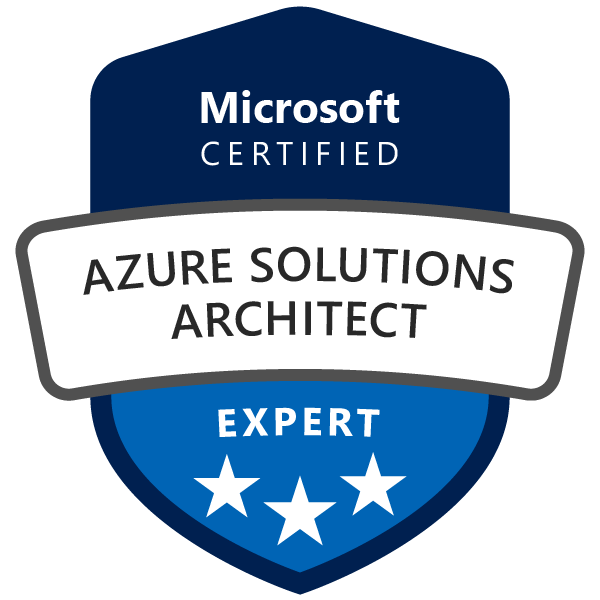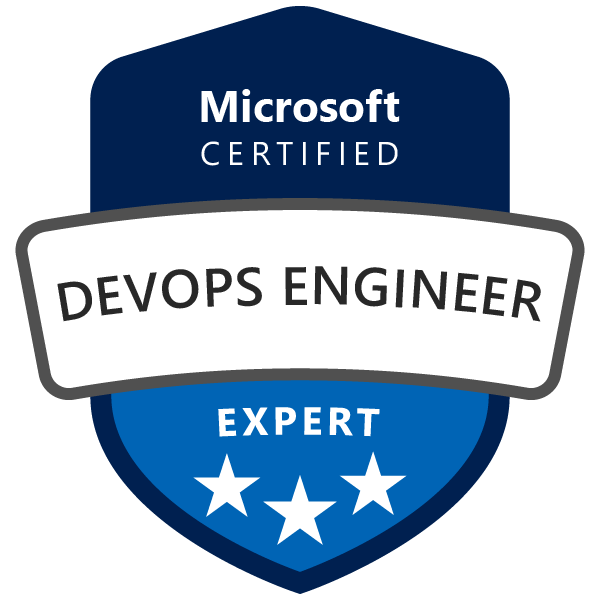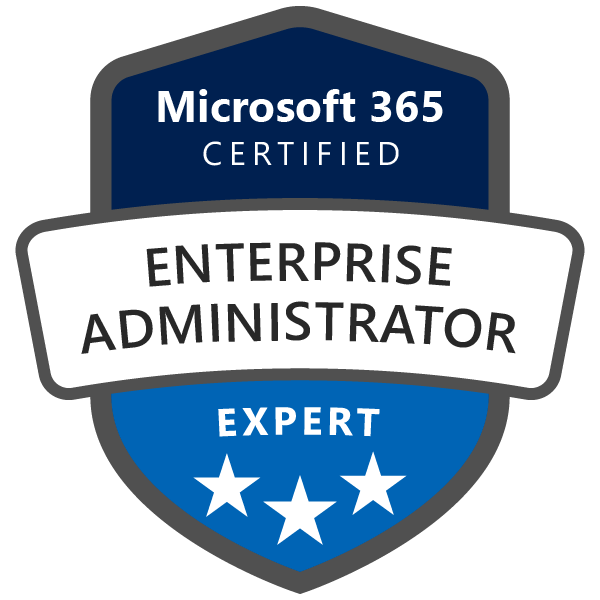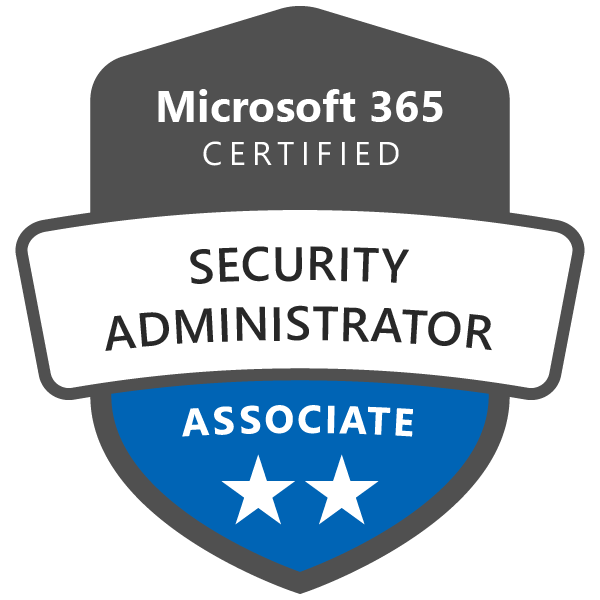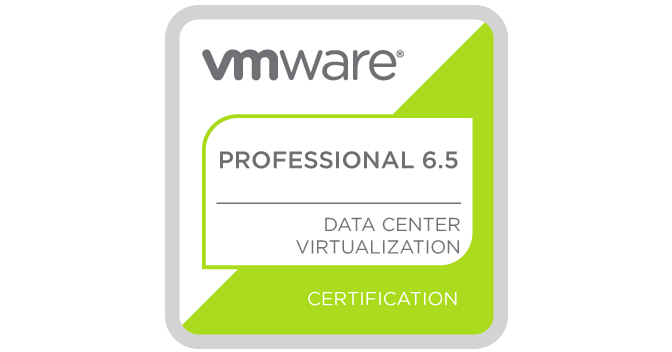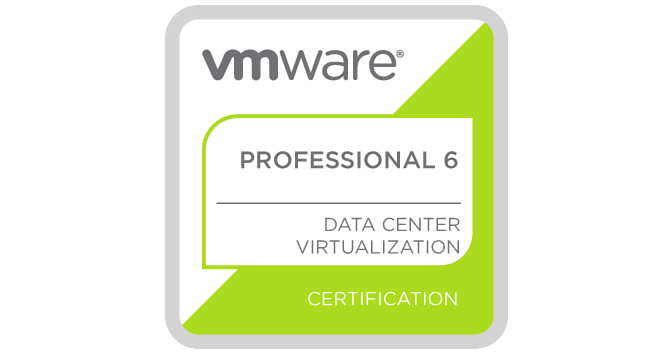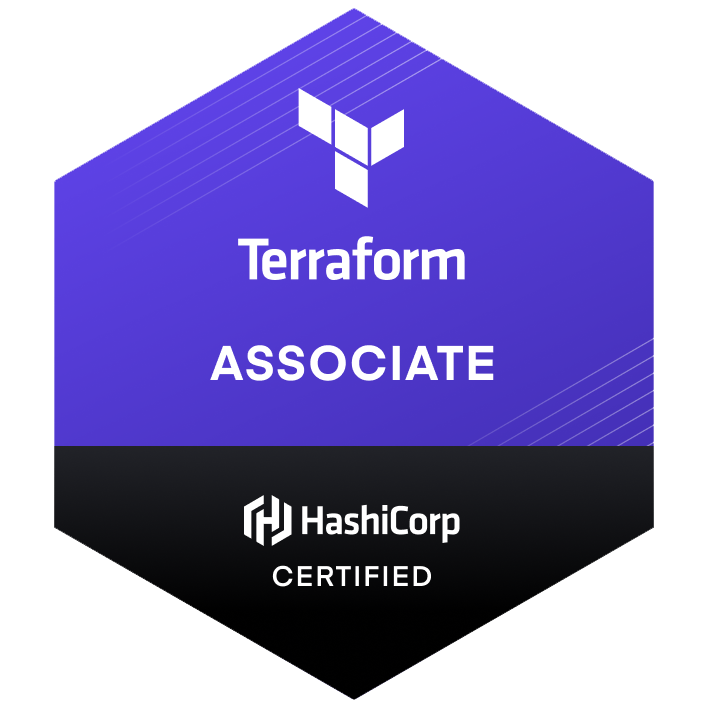Becoming a DevOps engineer is a journey that requires a combination of technical skills, soft skills, and practical experience. Here's a step-by-step guide on how to become a DevOps engineer from zero to hero:
1. Understand the DevOps Philosophy
DevOps is a culture, a mindset, and a set of practices that bridge the gap between development and operations. It's important to understand the core principles of DevOps, such as collaboration, automation, and continuous improvement.
2. Learn Basic Programming Concepts
While you don't necessarily need to be a software developer to become a DevOps engineer, it's important to have a basic understanding of programming concepts such as variables, data types, control structures, and functions. This will help you when working with automation tools and writing scripts.
3. Familiarize Yourself with On-Premises Infrastructure
Before diving into cloud platforms, it's important to have a solid understanding of on-premises infrastructure. This includes knowledge of networking, servers, storage, and virtualization. Experience with technologies like VMware, Hyper-V, and Active Directory can be beneficial.
4. Learn Cloud Computing
Cloud computing is a critical component of modern DevOps practices. Familiarize yourself with cloud platforms such as AWS, Azure, and GCP. Learn about cloud services such as compute, storage, networking, and security. Understanding how to deploy applications and infrastructure in the cloud is essential for a DevOps engineer.
5. Learn Infrastructure as Code (IaC) Tools
Infrastructure as Code (IaC) is a key practice in DevOps that involves managing infrastructure in a declarative manner using code. Learn about IaC tools such as Terraform, CloudFormation, and ARM templates. Familiarize yourself with the concept of idempotency and how it relates to infrastructure automation.
6. Learn Configuration Management Tools
Configuration management is the process of ensuring that systems are configured correctly and consistently. Learn about configuration management tools such as Ansible, Puppet, and Chef. Familiarize yourself with the concept of idempotence and how it relates to configuration management.
7. Learn Continuous Integration/Continuous Delivery (CI/CD) Tools
CI/CD is the practice of continuously building, testing, and deploying code changes to production. Learn about CI/CD tools such as Jenkins, GitLab CI/CD, and Azure DevOps. Familiarize yourself with the concept of pipelines and how they can be used to automate the software delivery process.
8. Learn Scripting Languages
Scripting languages such as Python and PowerShell are used extensively in DevOps. Learn how to write scripts to automate common tasks and build automation workflows. Familiarize yourself with how to use APIs to interact with cloud platforms and other tools.
9. Develop Soft Skills
DevOps engineers work closely with developers, operations, and other teams. It's important to have strong communication, collaboration, and problem-solving skills. Develop your ability to work in a team environment and understand how to work with different personalities and communication styles.
10. Get Certified
Certifications can be a valuable way to demonstrate your skills and knowledge to potential employers. Some popular DevOps certifications include:
- AWS Certified DevOps Engineer – Professional
- Microsoft Certified: Azure DevOps Engineer Expert
- Google Cloud Professional DevOps Engineer
- Red Hat Certified Engineer in DevOps
Conclusion
Becoming a DevOps engineer requires a combination of technical skills, soft skills, and practical experience. By following the steps outlined above, you can gain the knowledge and experience needed to become a successful DevOps engineer. Remember, the key to becoming a DevOps hero is to continuously learn, improve, and adapt to new technologies and practices.




